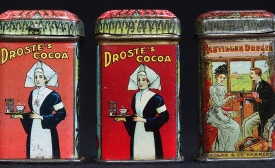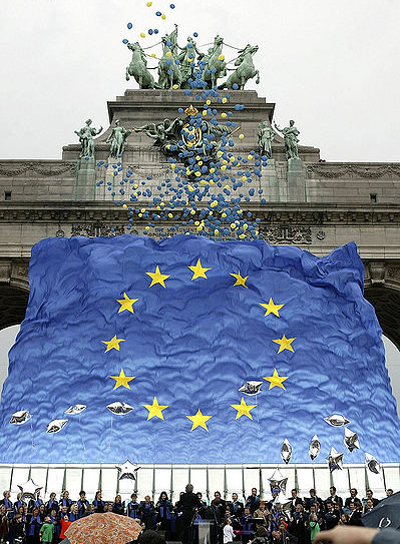Europe
LONDON --- For much of the past decade, “soft power” has been touted as a means for making foreign policy more effective by emphasizing enticement rather than coercion, conversation rather than conflict. The concept has won applause, but putting it into practice has often been half-hearted, especially by nations that possess significant military muscle. They prefer macho diplomacy and remain wary of the public diplomacy that puts soft power into practice.
From Pristina to Dhaka: My hope for two countries to join hands
APDS Blogger: Kimberly DeGroff Madsen
One of the more poorly understood aspects of public diplomacy is that it is not a tool for short-term policy goals. Public diplomacy is a tool with long-term benefits that are often difficult to measure. Public diplomacy is of limited value in short-term crisis situations. However, during a prolonged struggle, such as the Cold War, a sustained public diplomacy program can have profound effects. One public diplomacy program that is currently in play that bears watching is Poland's efforts with respects to its totalitarian neighbor of Belarus.

“Mucize Kuruyemiş Fındık Diyarı Türkiye” –“The Miracle Hazelnut comes from Turkey” shines in bold red letters on small packages of nuts. The flight attendant on this Turkish Airways flight TK0829 to Istanbul hands out another round of snacks. The white crescent moon and star decorate all treats. Later on, I learn that Turkey is a leader in hazelnut production, earning about 825.9 million U.S. Dollars from exports. As mentioned in historical documents, the hazelnut has grown for 2300 years on the Black Sea coast in the north of Turkey.

How should Europe present itself in this age of smart power and public diplomacy? I suggest three images that Europe could strive to promote to foreign audiences, especially the US.
Unfortunately, Euro-pessimism is on the rise in the United States.
Co-author: Martin Wahlisch
Three Years into Kosovo’s Independence: Further recognitions will be crucial for the country’s development







